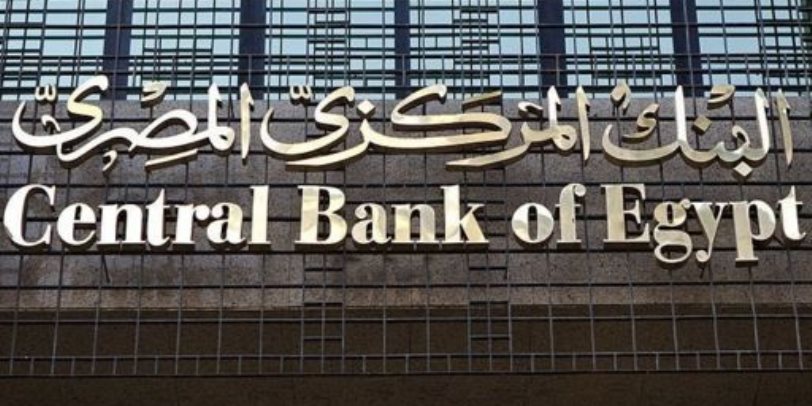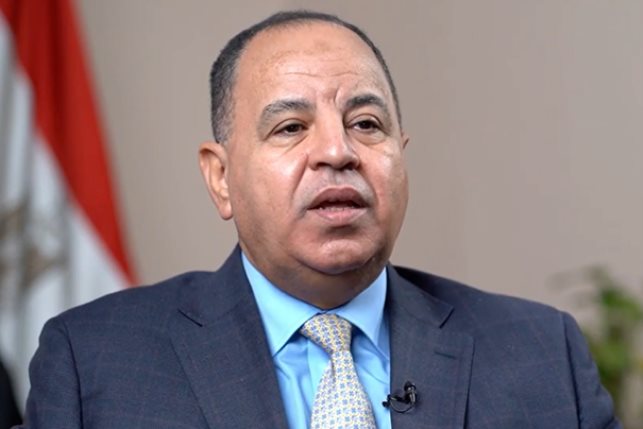CBE-issued digital currency is in the works, E-Pound expected to launch by 2030
The E-Pound will enable the CBE and government to explore opportunities created by a boom in digital transformation to further develop and improve the financial sector

The Central Bank of Egypt (CBE) aims to issue a new digital currency (E-Pound) by 2030 to boost monetary policy efficiency and the EGP’s competitiveness, according to the government’s strategy for the new presidential term (2024-2030).
The E-Pound will enable the CBE and government to explore opportunities created by a boom in digital transformation to further develop and improve the financial sector.
The document did not disclose further details on its implementation, timeline, or potential policies.
Central Bank’s Digital Currency (CBDC)
CBDCs are a digital form of a government-issued currency, issued and regulated by a country’s central bank, and are considered as the digital equivalent of physical cash.
These digital currencies are often confused with mobile money - which utilizes already available commercial banking-based accounting systems to manage digital transfers and wallets based on cash or lines of credit and loans – or UPIs (Unified Payments Interfaces) such as the CBE’s Instant Payment Network that allows instant transfer of money between bank accounts.
A digital currency offers potential benefits such as increased transparency, reduced transaction costs, and enhanced monetary policy tools for central banks.
Unlike cryptocurrencies or other decentralized digital money, CBDCs provide higher levels of security due to being issued and regulated by the country’s central bank, protecting users from sudden market crashes such as the collapse of FTX in 2022.
According to Wikipedia, six central banks have launched a CBDC: the Central Bank of The Bahamas (Sand Dollar), the Eastern Caribbean Central Bank (DCash), the Central Bank of Nigeria (e-Naira), the Bank of Jamaica (JamDex), People's Bank of China (Digital renminbi), the Reserve Bank of India (Digital Rupee), and Bank of Russia (Digital Ruble).
Financial Inclusion
The 2030 strategy provided a comprehensive overview of the state’s plans and goals for the president’s 6-year term, including its plans to bring in additional foreign currency to combat the shortage and goals to boost financial inclusion in the country.
Egypt aims to increase the rate of financial inclusion among Egyptians (aged 16+) to 100% by 2030 from the 67.3% recorded in mid-2023, driven by financial services and digital payment systems.
It also seeks to raise the number of digital financial wallets to about 80 million by the end of the term from 34.3 million recorded in mid-2023.
Egypt is looking to boost the communication and information technology sector’s contribution to the GDP to 7% from FY2021/2022’s 3.4%, according to the document.
The government remains committed to improving digital inclusion overall, targeting an increase in mobile towers to reach 45,000 by the end of 2030, compared to around 31,000 in FY2022/2023.





